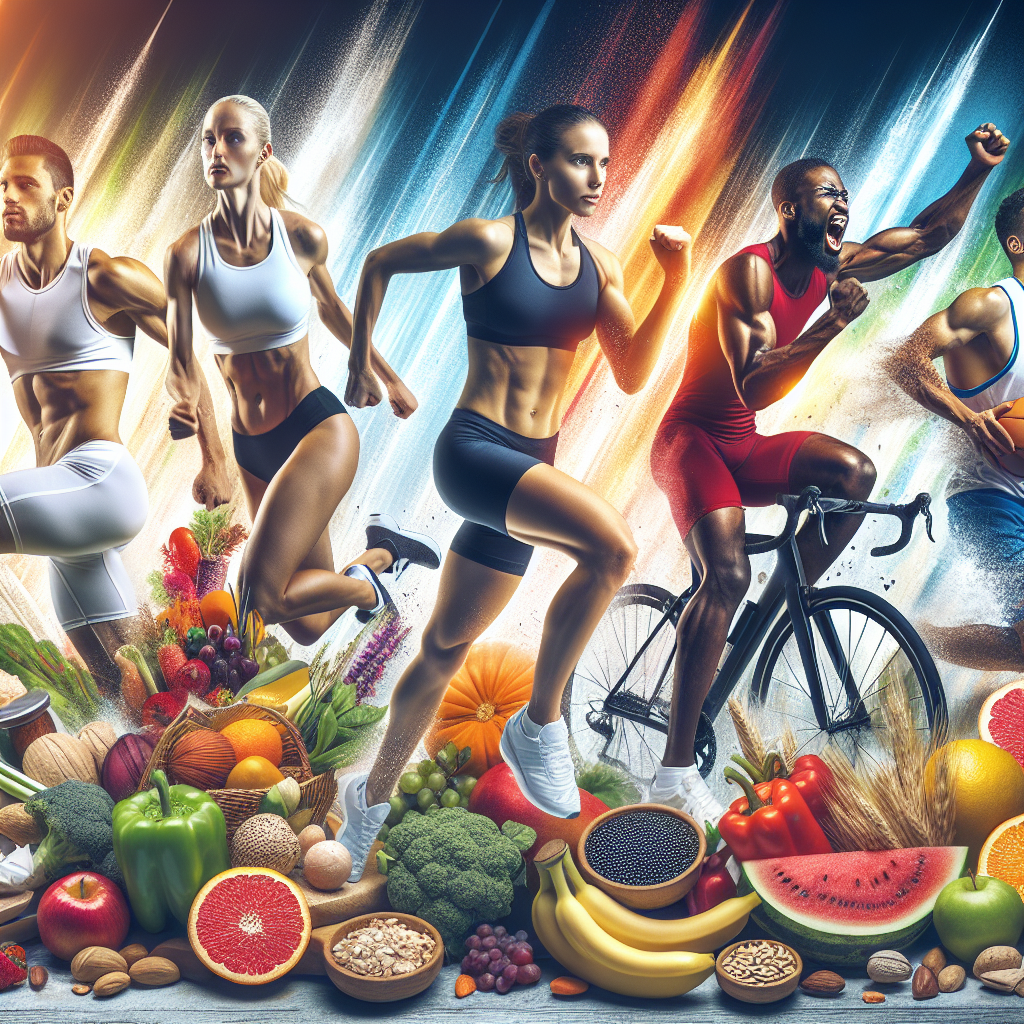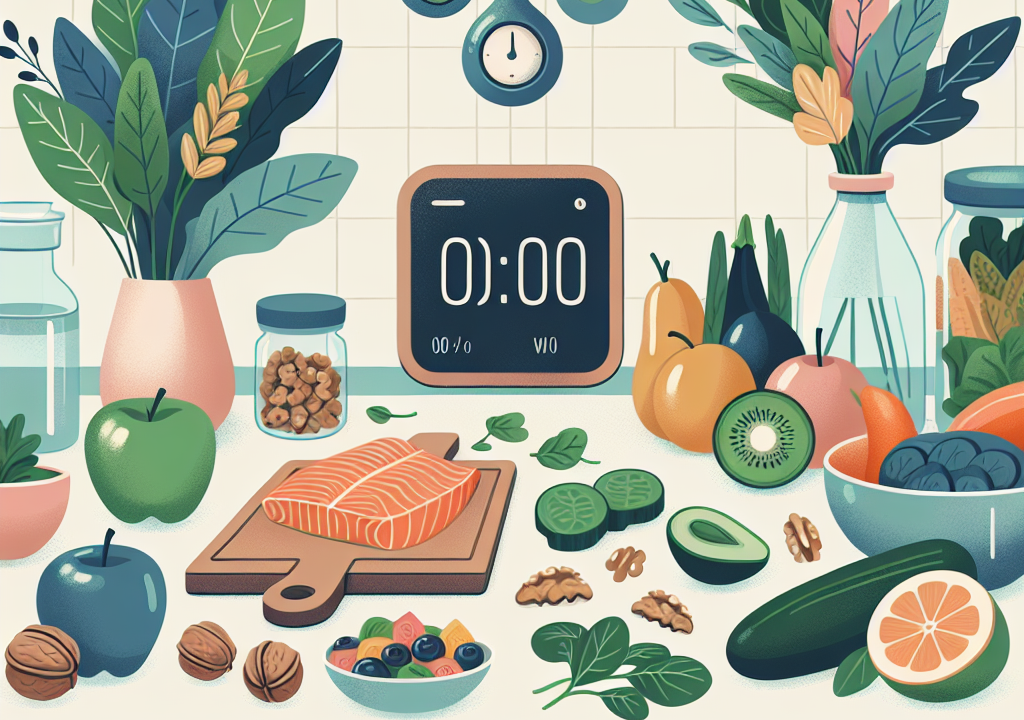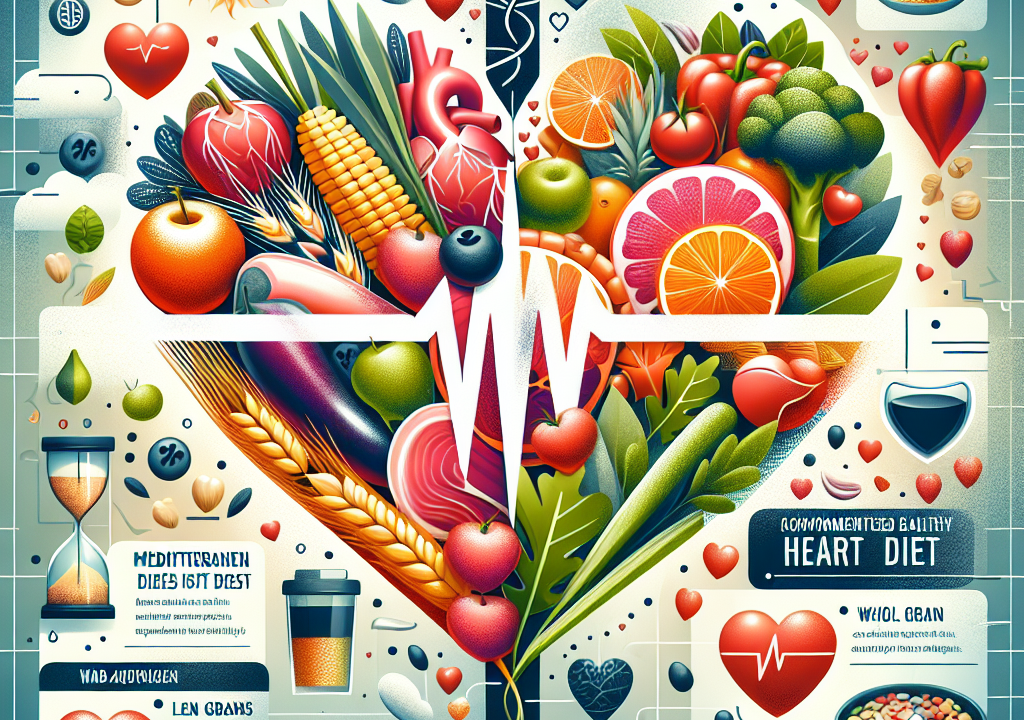
Elite Athletes Proving Plants Power Performance
In a world where “protein” is often synonymous with meat, it may be surprising to learn that some of the world’s top athletes thrive on a plant-based lifestyle. Eliminating steak and chicken hasn’t held back their success; in fact, many credit their vegetarian or vegan diets with enhanced performance, faster recovery, and improved mental clarity.
A 2021 study published in the International Journal of Sports Nutrition found that well-planned vegetarian diets can offer endurance and cardiovascular performance equal to — or better than — those of meat-eaters. According to board-certified sports nutritionist Dr. Nanci Guest, “With the right mix of whole foods and supplementation, a plant-based diet can fully support elite-level training.”
Meet five high-performing athletes who are proving that being meat-free doesn’t mean being muscle-free, complete with a look at what they eat daily to fuel their success.
Venus Williams: Tennis Powerhouse Fueling Up with a Raw Vegan Athlete Diet
Seven-time Grand Slam champion and Olympic gold medalist Venus Williams is not just a tennis icon—she’s also a wellness advocate. After being diagnosed with the autoimmune condition Sjögren’s syndrome in 2011, she adopted a raw vegan diet to combat fatigue and inflammation. This lifestyle change helped extend her career well beyond expectations.
What Venus Eats in a Day:
– Breakfast: Overnight oats with almond milk, chia seeds, and fresh berries
– Lunch: Zucchini noodles tossed in a creamy cashew pesto with cherry tomatoes
– Snack: Green smoothie with kale, banana, spinach, and plant-based protein powder
– Dinner: Grilled tofu served with quinoa and steamed broccoli
“Switching to a plant-based diet helped me regain control of my body,” Venus shared with Women’s Health. “Without it, I wouldn’t be where I am today.”
Lewis Hamilton: The Vegan Formula 1 Driver Redefining Performance
Seven-time Formula 1 World Champion Lewis Hamilton transitioned to a fully vegan lifestyle in 2017 for environmental, ethical, and health reasons. The shift didn’t just align with his values—it also enhanced his focus and resilience. As the co-founder of Neat Burger, a plant-based fast-food chain, Hamilton is also a vocal advocate for sustainable eating.
What Lewis Hamilton Eats Daily:
– Breakfast: Avocado toast with sliced tomatoes and nutritional yeast
– Lunch: Chickpea curry with spinach and brown rice
– Snack: Vegan protein bar or almonds with a banana
– Dinner: Tofu stir-fry with mixed vegetables and soba noodles
“I feel the best I’ve ever felt physically and mentally,” he told The Independent. “I recover faster and sleep better than ever.”
Scott Jurek: The Vegan Ultra-Endurance Athlete Setting Records
Scott Jurek is an ultra-running legend, having won grueling 135-mile races through Death Valley and setting Appalachian Trail speed records. He adopted a vegan lifestyle in college and attributes much of his success to clean, plant-based fuel.
What Scott Jurek Eats in a Typical Day:
– Breakfast: Smoothie with banana, spinach, flaxseeds, dates, and soy milk
– Lunch: Brown rice Buddha bowl with roasted sweet potatoes, mixed greens, and tahini dressing
– Snack: Homemade hummus with pita bread or carrot sticks
– Dinner: Hearty lentil chili made with black beans and tomatoes
Jurek relies on whole food-based snacks and natural electrolytes during his races, steering clear of highly processed options to maintain peak performance.
Alex Morgan: World Cup Champion Embracing the Vegan Soccer Player Performance Benefits
Olympic gold medalist Alex Morgan switched to a vegan diet in 2017 for animal rights reasons and quickly discovered improved energy and faster recovery. As a key player for the U.S. Women’s National Team, she continues to excel, proving that a meat-free diet can fuel elite athleticism in high-intensity sports.
What Alex Morgan Eats Daily:
– Breakfast: Vegan yogurt parfait with granola, chia seeds, and fresh berries
– Lunch: Falafel wrap with cucumber, tomato, lettuce, hummus, and tahini
– Snack: Apple slices with almond butter or trail mix with seeds and dried fruits
– Dinner: Pasta with lentil Bolognese, arugula, and sliced avocado
“It makes me feel better 24/7,” Morgan told The Beet. “I have more energy and recover quickly, even after intense training sessions.”
Novak Djokovic: Tennis Champion with a Plant-Based Gluten-Free Tennis Diet
While not entirely vegan, Novak Djokovic follows a mostly plant-based, gluten-free diet that he says has profoundly improved his strength and endurance. He has eliminated dairy, gluten, and processed foods to manage fatigue, respiratory challenges, and inflammation.
What Djokovic Eats Each Day:
– Breakfast: Oatmeal with almond milk, pumpkin seeds, and berries
– Lunch: Gluten-free pasta with tomato-basil sauce and sautéed zucchini
– Snack: Almond butter on rice cakes or a green vegetable smoothie
– Dinner: Quinoa-stuffed bell peppers or lentil soup with leafy greens
“My diet is based on clean, organic, plant-based foods,” Djokovic explained to ESPN. “It’s helped me remain injury-free and mentally focused.”
Plant-Based Nutrition: What These Athletes Do Right
The common thread among these world-class athletes is mindful nutrition. Instead of focusing solely on avoiding meat, they center their diets around:
– Nutrient-dense carbohydrates: brown rice, quinoa, and sweet potatoes
– Whole food protein: legumes, tofu, seeds, nuts
– Antioxidant-rich fruits and vegetables
– Targeted supplementation (including vitamin B12, iron, and omega-3s like EPA/DHA)
A 2022 meta-analysis published in Nutrients confirmed that vegetarian athletes who supplement appropriately can match — and sometimes exceed — the performance of those on omnivorous diets in terms of strength and cardiovascular capacity.
Final Thoughts: Fueling Greatness with Plants
Today’s top athletes are demonstrating that plant-based diets can support, and even boost, elite performance. Whether they’re competing on the court, track, or field, these champions rely on nutrient-rich, meat-free eating patterns to stay strong, recover faster, and maintain mental clarity.
Whether you’re aiming for a personal best or just seeking sustained energy throughout your day, take inspiration from these athletes. Explore a plant-powered lifestyle step-by-step, and discover how performance, endurance, and recovery can be fueled — not hindered — by plants.
Explore expert tips and science-backed health solutions to support your energy, recovery, and wellness journey at edrugstore.com.
References
1. Craddock, J.C., et al. “Plant-Based Diets and Athletic Performance: A Review.” International Journal of Sports Nutrition and Exercise Metabolism, vol. 31, no. 2, 2021, pp. 116–123.
2. Rogerson, D. “Vegan Diets: Practical Advice for Athletes and Exercisers.” Nutrients, vol. 13, no. 4, 2022, article 1135.


